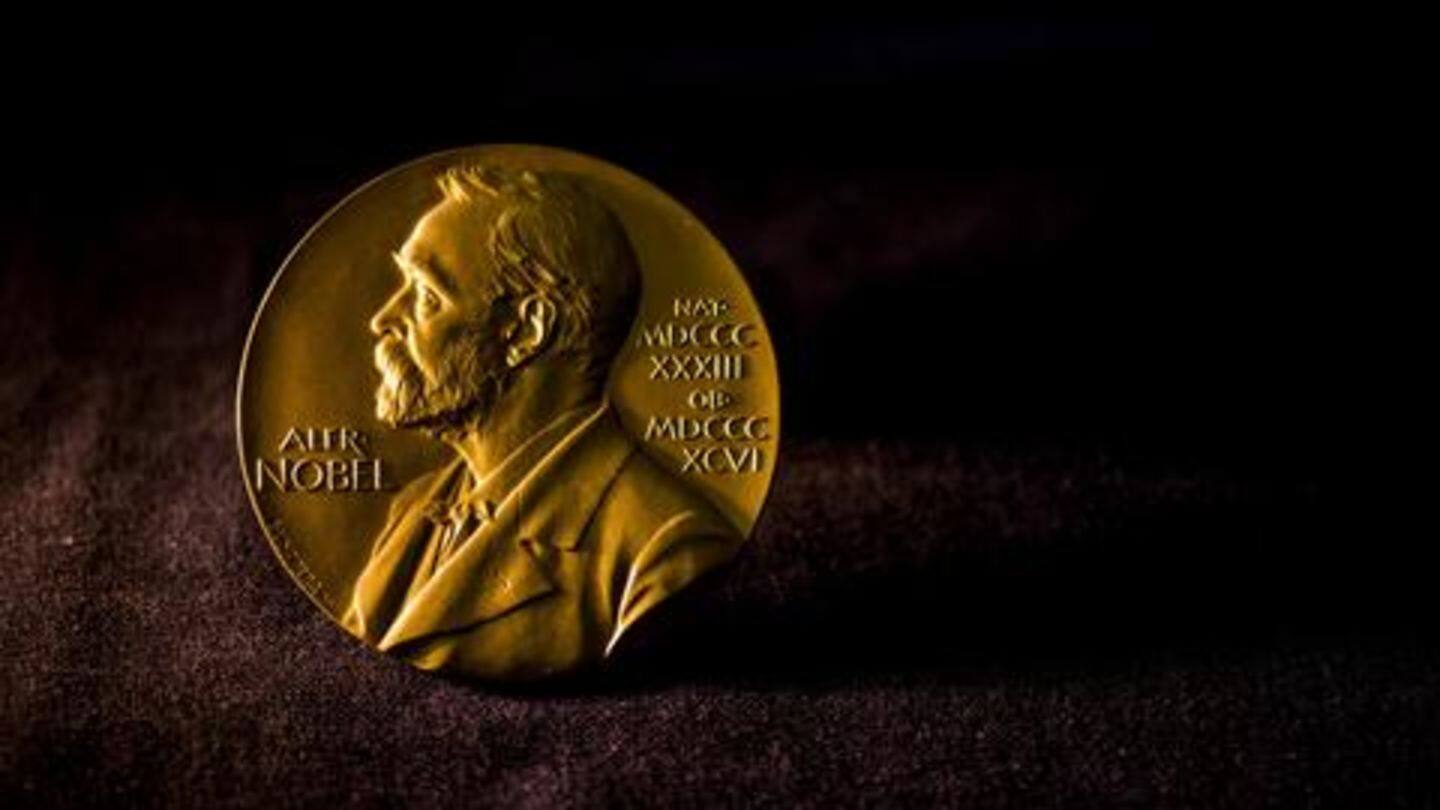
British, American hypoxia researchers win Nobel Prize in Medicine
What's the story
This year's Nobel Prize in Physiology or Medicine has been awarded to hypoxia researchers from the US and the UK - William G. Kaelin Jr, Gregg L. Semenza, and Peter J. Ratcliffe.
The scientists, who will share the prize jointly, were honored for their ground-breaking "discoveries of how cells sense and adapt to oxygen availability."
Here's all about it.
Discoveries
Mystery of how body adapts to varying oxygen levels
We all know that oxygen is necessary to sustain life, but how exactly human body cells adapt to an increase or decrease in oxygen levels has long been a mystery.
It is one of the most essential adaptive processes of life, one that allows humanity to survive in different conditions, be it plains or the highest regions on Earth.
Solution
These researchers solved this mystery
The question was answered when Kaelin and Semenza, from Harvard and Johns Hopkins University, and Ratcliffe from London's Francis Crick Institute started working and identified the molecular mechanism regulating the activity of genes in response to varying levels of oxygen in the body.
Their work helped scientists understand the effect of oxygen on physiological function as well as develop ways to tackle critical diseases.
Quote
Here's what Nobel Prize committee said
"The discoveries made by this year's Nobel Prize laureates have fundamental importance for physiology and have paved the way for promising new strategies to fight anaemia, cancer and many other diseases," the Nobel Prize committee said while giving away the prize.
Relevance
This discovery is relevant for many cases
Notably, the identified molecular mechanism by which cells adapt to oxygen levels is relevant to not just problems like cancer and anemia but also common issues like wound-healing or pregnancy.
In fact, according to The Guardian, this machinery is one of the key reasons for how animals managed to survive so many habitats, even those at different altitudes.
Prizes
More Nobel Prizes to be announced in the coming days
The Nobel is awarded to recognize scientists making important discoveries for the benefit of humankind.
It is given by a committee of 50 professors at the Karolinska Institutet in Sweden across categories ranging from Medicine to Physics.
To note, the awards for work done in Chemistry, Physics, Literature would be announced later this week.